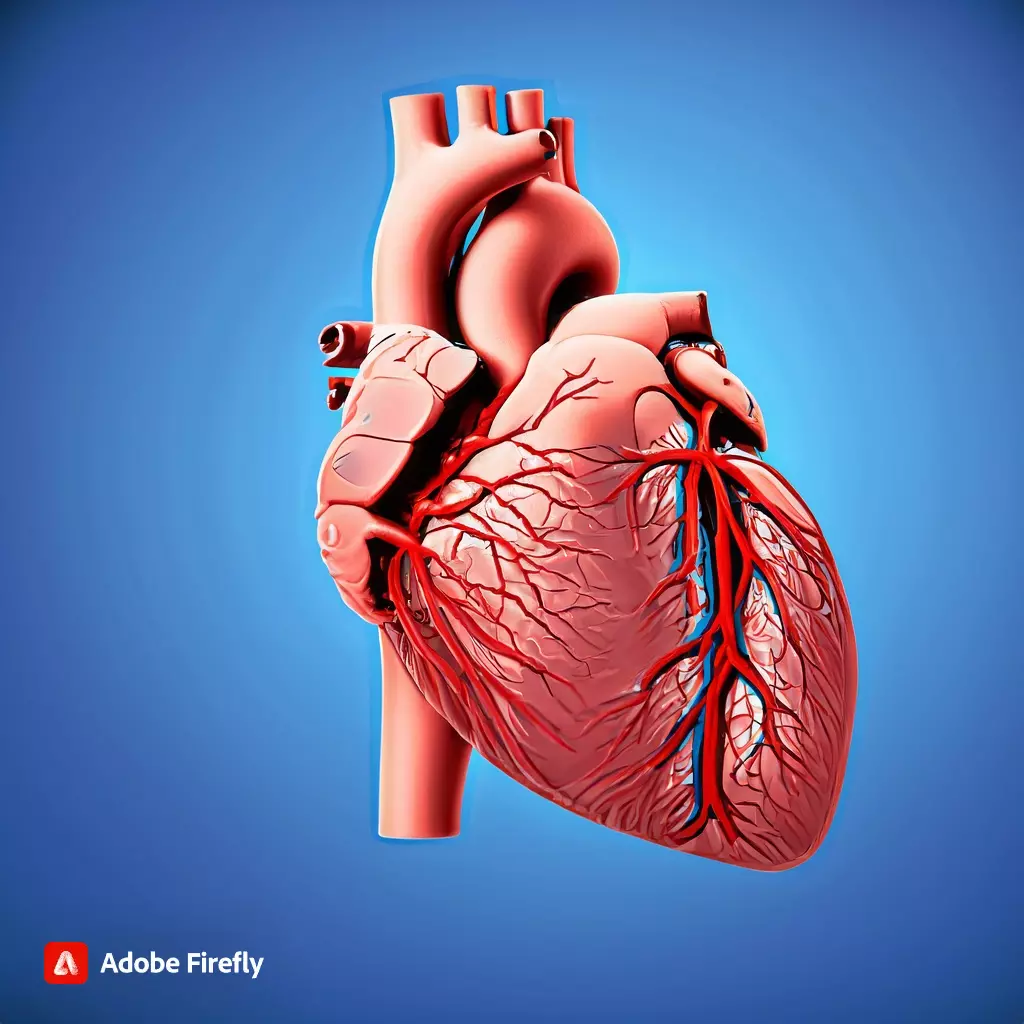Myocardial infarction, commonly known as a heart attack, is a life-threatening condition that arises due to the blockage of blood flow to the heart muscle. Red blood cells (RBCs) play a pivotal role in oxygen transport, and their ability to adapt to oxygen deficiency has been a subject of significant interest. This article explores the fascinating adaptation mechanisms of RBCs in response to oxygen deficiency and how these adaptations can provide protection against myocardial infarction.
Myocardial infarction (MI) is a leading cause of death worldwide, often resulting from atherosclerosis-related plaque rupture or thrombosis, leading to restricted blood flow to the heart muscle. The heart’s reliance on a continuous supply of oxygen makes it particularly vulnerable to ischemia. Interestingly, red blood cells (RBCs), responsible for oxygen transportation, have shown remarkable adaptability to oxygen deficiency. This adaptability could potentially be harnessed to protect against MI.
Adaptation Mechanisms of RBCs to Oxygen Deficiency:
RBCs are well-known for their ability to alter their physiology in response to changing oxygen levels. Two primary mechanisms are involved:
1. Enhanced Oxygen Release: When RBCs encounter oxygen-deficient environments, they release oxygen more readily to ensure that vital organs receive sufficient oxygen. This process is facilitated by the Bohr effect, where decreased pH and increased CO2 concentrations in hypoxic tissues promote oxygen release from hemoglobin.
2. Shift to Anaerobic Metabolism: In situations of severe oxygen deprivation, RBCs can shift to anaerobic metabolism, primarily relying on glycolysis for energy production. This adaptation allows RBCs to maintain their shape and flexibility even in oxygen-poor conditions.
RBC Adaptations and Myocardial Infarction Protection:
The adaptability of RBCs to oxygen deficiency can be crucial in preventing or minimizing myocardial infarction. Several mechanisms by which RBC adaptations provide protection are as follows:
1. Improved Oxygen Delivery: RBCs’ enhanced oxygen release in hypoxic conditions ensures that the heart receives an adequate oxygen supply, even when blood flow is partially compromised due to atherosclerosis or clot formation.
2. Reduced Ischemic Damage: The ability of RBCs to shift to anaerobic metabolism can help maintain their structural integrity during periods of oxygen deficiency. This can minimize damage to the microvasculature in the heart, reducing the extent of ischemic injury.
3. Anti-Thrombotic Effects: RBCs can inhibit platelet aggregation and thrombus formation, reducing the risk of clot-related myocardial infarction. Their unique surface properties and the release of anti-aggregatory molecules contribute to this effect.
Potential Therapeutic Implications:
Understanding how RBCs adapt to oxygen deficiency opens up exciting possibilities for therapeutic interventions:
1. Blood-Based Therapies: Manipulating RBC properties to enhance their adaptability to hypoxia could be a potential avenue for preventing or mitigating myocardial infarction.
2. Oxygen Carriers: Developing artificial oxygen carriers inspired by RBC adaptation mechanisms could provide a means to deliver oxygen more effectively to ischemic heart tissue.
3. Pharmacological Modulation: Identifying and targeting specific molecular pathways involved in RBC adaptation may lead to novel pharmacological interventions for myocardial infarction prevention.
Red blood cells, in their remarkable ability to adapt to oxygen deficiency, offer a natural defense mechanism against myocardial infarction. Understanding these adaptations at a molecular level holds the promise of innovative therapeutic strategies to protect the heart from ischemic damage. Further research in this area may revolutionize the prevention and treatment of myocardial infarction, ultimately saving countless lives.
Also Read: Platelets: A Surprising Link Between Exercise & Brain Health
https://thelogicalindian.com/h-upload/2023/09/22/500x300_233626-firefly-blood-flow-in-the-human-heart-23144.webp
Trending
2023-09-22 08:18:54.0
Red Blood Cells’ Oxygen-Deficiency & Heart Attacks: Know About It













